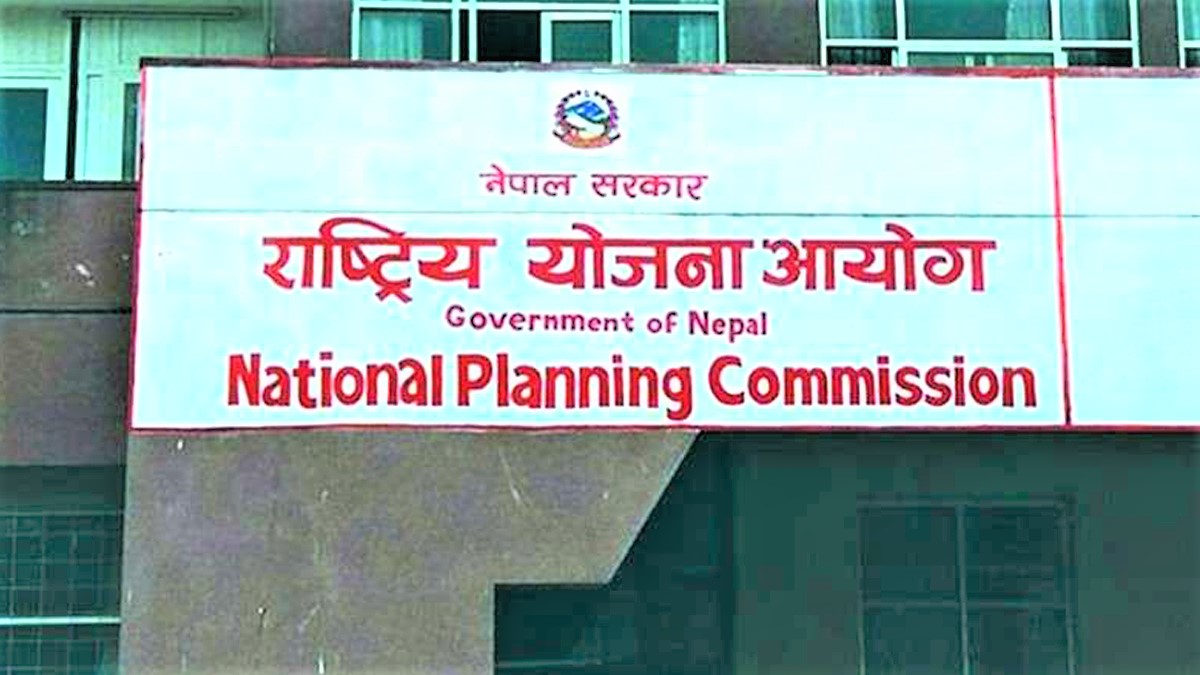
NPC Launches Five-Year Action Plan to Optimize Government Spending

The National Planning Commission (NPC) has rolled out a new five-year public investment management action plan aimed at enhancing the effectiveness of government project spending. Spanning from fiscal year 2081/82 to 2085/86, the initiative seeks to bolster efforts across government, public corporations, and public-private partnerships.
The action plan, which received endorsement at the NPC’s April 23 meeting, is designed to address persistent issues in project completion, cost overruns, and unspent budgets in infrastructure development across all tiers of government.
Dr. Divakar Luintel, Information Officer at NPC, stated that the action plan was crafted in response to the urgent need for a long-term strategy to accelerate development projects, increase capital spending efficiency, and ensure the effectiveness of public investments.
“Given the significant underutilization of allocated funds for infrastructure and the resultant delays and cost inflations in projects, this action plan is set to introduce much-needed reforms,” said Dr. Luintel.
The action plan outlines seven key objectives, including the establishment of a regular and transparent central monitoring system for capital project management, phase-wise reforms in the national project bank, and enhancements to the electronic public procurement system to ensure transparency and efficacy in public acquisitions.
Additionally, it mandates regular renovations of public structures and infrastructures, with specific directives to be formulated. The plan also addresses the need for integrated data on project expenditures by different government levels, aiming to eliminate redundancy and inefficiency in development projects.
The initiative further emphasizes the importance of thorough project preparation, ensuring viable projects receive funding while discontinuing unfeasible ones, in response to past criticisms of project selection inefficiencies in annual budgets.
With these measures, the NPC aims to resolve long-standing issues that undermine the state’s financial health and public image, ultimately improving service delivery to the citizens of Nepal.












Comments